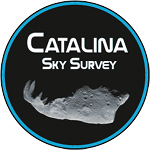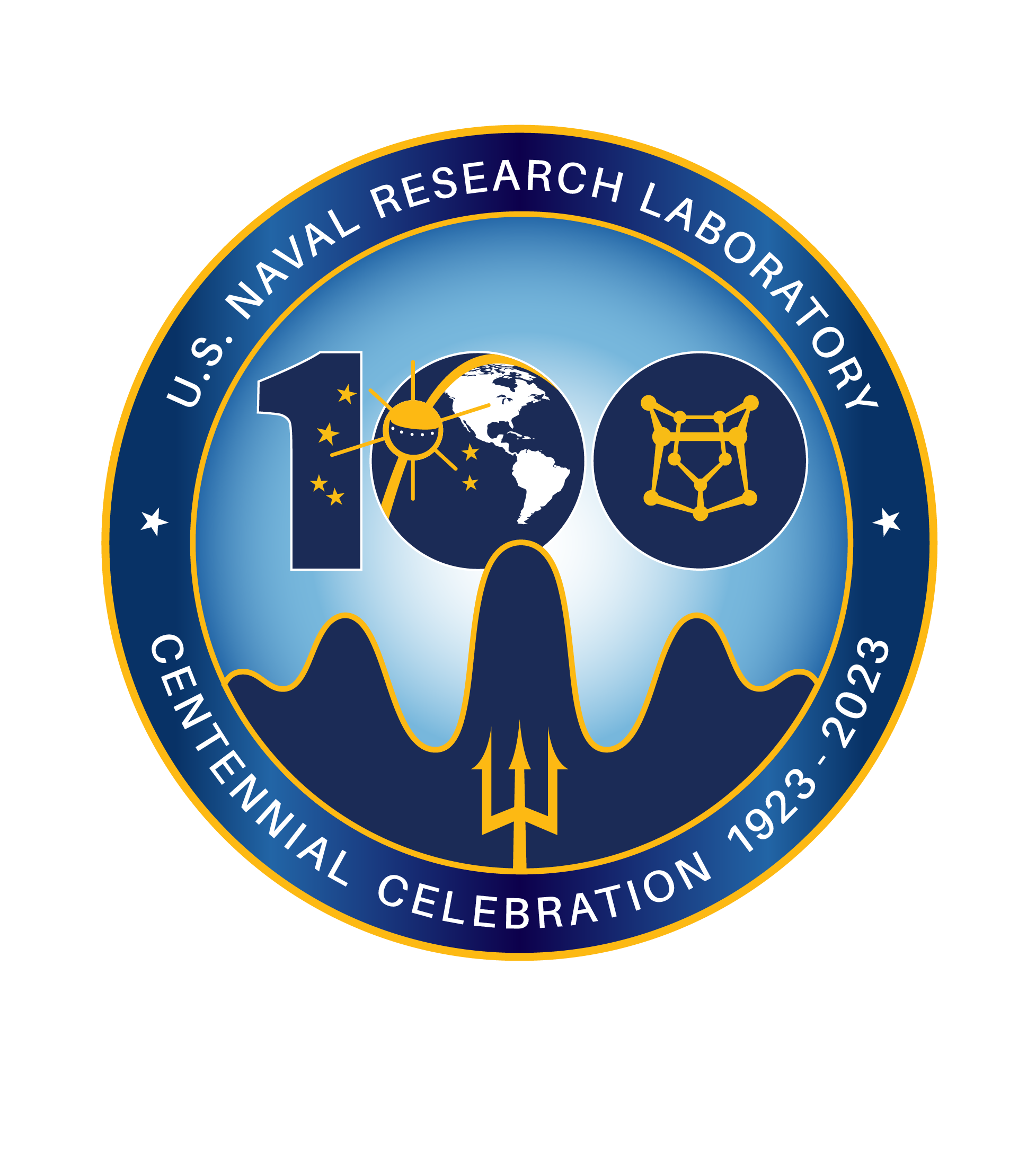MSc. Vitor Gama Lemos studied Computer Systems at Universidade Federal Fluminense (UFF), in Niterói, Brazil, from 2014 to 2017. He made his Master of Science (MSc) in Computer Science at Universidade Federal Fluminense (UFF), working as a researcher in the areas of Data Science and Big Data. In addition, He has a specialization in Statistics at Universidade Norte do Paraná (UNOPAR). He is studying for a Lato Sensu postgraduate degree in Information Security (MBA) and a postgraduate degree in Privacy and Protection of Personal Data at Faculdade Descomplica (from 2022 to 2023). Currently, He is a Data Scientist PSafe and his research interests are Artificial Intelligence applications in Malware Detection and CyberSecurity, Scripts Provenance, and Computer Vision.
Vitor Gama Lemos serves as a NASA citizen scientist on The Sungrazer Project, Project comet program, based in the Solar Physics Department of the U.S. Naval Research Laboratory, Washington D.C. The Sungrazer Project is a NASA-funded program that enables the discovery and reporting of previously unknown comets in the ESA/NASA SOHO and NASA STEREO satellite instrument fields of view. He also has important preliminary discoveries together with IASC/NASA projects as Asteroid Hunter, such as P21uZz3 (2022), P21uUo8 (2022), P21v19O (2022), P21wcXn (2022) and P21wEwU(2022).
The International Astronomical Search Collaboration (IASC) is a citizen science program that provides high-quality astronomical data to citizen scientists around the world. These citizen scientists are able to make original astronomical discoveries and participate in hands-on astronomy. This service is provided at no cost! Through these collaborations, volunteers (known as citizen scientists) have helped make thousands of important scientific discoveries. The project is related to planetary defense, it is essential to detect unknown asteroids that could collide with Earth in the future. For this reason, understanding the orbit of an asteroid even before it is a threat is one of the strategies that make up NASA's planetary defense. Below are some images of objects identified by me using the Pan-STARRS Telescope.
The NASA-funded Sungrazer Project is one of the oldest and most successful Citizen Science projects, having more than doubled the number of officially designated comets since it became public in 2002. The Sungrazer Project has enabled the discovery of unknown near-Sun and Sungrazing comets in images returned by the joint ESA-NASA Solar and Heliospheric Observatory (SOHO) and the NASA Solar Terrestrial Relations Observatories (STEREO). The Sungrazer Project offers a centralized web site for "comet hunters" to report potential comets in SOHO and STEREO data. SOHO was launched on December 2, 1995. The SOHO spacecraft was built in Europe by an industry team led by prime contractor Matra Marconi Space (now EADS Astrium) under overall management by ESA. The twelve instruments on board SOHO were provided by European and American scientists.
| Catalina Sky Survey | Hardin-Simmons University | Pan-STARRS | NASA | U.S Naval Research Lab |
|---|---|---|---|---|
You can send a message to me; Add me on LinkedIn or Facebook; if you're lucky, You will meet me at any technology event. Look it up on Google! My Specialties: Data Science Researcher, Deep Learning, Software Developer, eScience, Information Security Analyst, High-performance Computing, Big Data, Query Optimization.






































